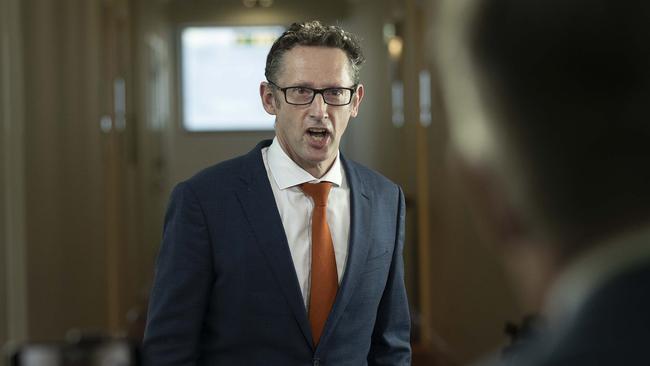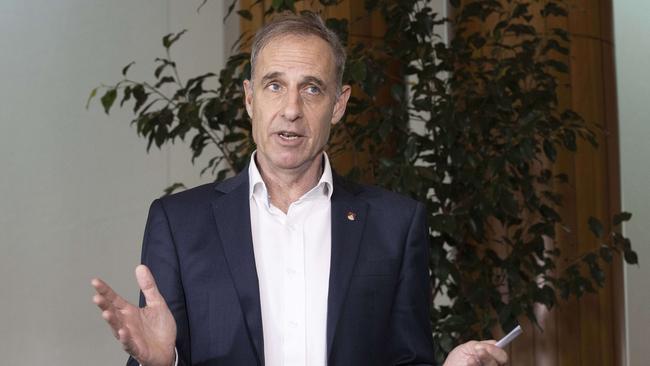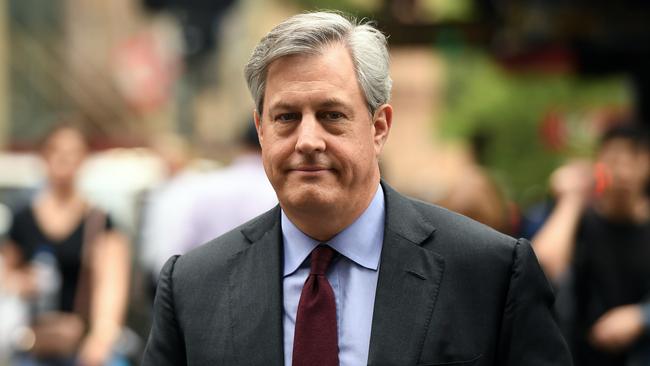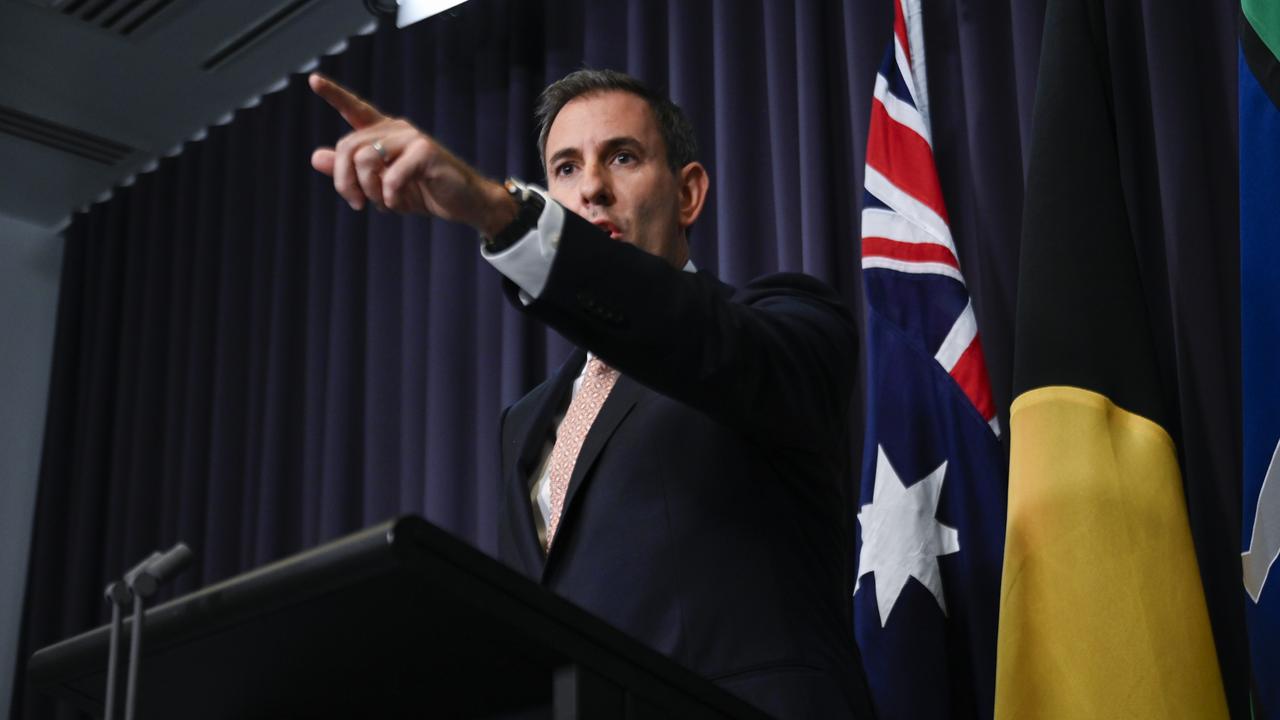
This relates to the Financial Accountability Regime Bill 2022, which reflects several recommendations from the Hayne royal commission that sought to instil a framework that ensured directors and others were on the hook for poor outcomes, compliance or behaviour. The banking sector already has its version of this, referred to as BEAR, which maps out accountability and makes it clear to the institutions and regulators which executives and directors are responsible for what.
Greens senator Nick McKim appeared to have secured the restoration of the accountability measures in the FAR bill, meaning the legislation would have imposed penalties of $1.1m on directors who did nothing if they were made aware of misconduct.

But on Thursday Assistant Treasurer Stephen Jones signalled it was back to the drawing board.
McKim partly drew on the work of Andy Schmulow, of the University of Wollongong’s School of Law, and his submission to a Senate committee to make his case. “From here he (Jones) will capitulate to the banking industry and that’s because this is one of those moments when the curtain gets pulled back and we see who is really running this country,” Schmulow told this column.
The FAR means a banking accountability framework will extend to other financial services industries such as insurance and superannuation. It was meant to put directors and executives on notice, and rightly so, given the conduct and compliance failings uncovered during the 2018 royal commission.
Schmulow said in his committee submission that the bill, as it was structured, was failing to do the very thing it was meant to.
“Bar instances of noncompliance of a procedural nature (failure to provide documents requested by the regulator), or instances in which an accountable person wilfully directs an accountable entity to break the law or ignore directions from the regulator, this draft bill fails to establish any meaningful measure of individual accountability,” the submission said.
Warped view?
Former Westpac chief executive Brian Hartzer has an odd take on accountability after he fell on his sword in late 2019 following the bank’s millions of breaches of anti-money-laundering laws, which culminated in a $1.3bn penalty.
He was speaking in a recent Blenheim Partners’ podcast initially on leadership – and getting staff emotionally engaged in their work – before being asked about more sensitive topics.
When asked who would have been best placed to rectify the bank’s mammoth compliance failings, Hartzer said: “My view was, and continues to be, I was probably the perfect person to fix it. I knew the organisation, I was committed to the issue, I had the experience to drive change and get to the bottom of it.”
He even recounted a trip to Westpac’s operations centre the day the legal action by Austrac against the bank went public, telling the podcast he met the team stationed there and asked for their explanation. That very day, Hartzer “found one of the solutions”.
It’s unfathomable that some current and former CEOs don’t understand the buck stops with them, and they still don’t get it. They are paid to be across the operational aspects of the business, hire strong executives that report to them the issues and ensure the company they are running doesn’t run afoul of regulators.

Hartzer seems to be still blaming others for the mess that transpired at Westpac. Let’s not forget the bank’s millions of compliance lapses led in some cases to the financing of child exploitation material. “My regret is, the executives closer to it, why didn’t they pick that up earlier? I think I could have absolutely fixed it … sometimes these things just get out of control and people want a scapegoat,” he said, admitting he was biased on the topic. “The unfortunate thing is that accountability seems to have been interpreted to mean who do we shoot when something goes wrong.”
Hartzer did make it through the Hayne royal commission in OK shape relative to his peers at CBA and NAB, but his exit as a result of the many compliance failures relating to international funds transfers was completely warranted. Shareholders took a hit to the tune of $1.3bn.
Forum watch
The Australian Institute of Company Directors and ASX Forum held a key event on Thursday attended by a group of those that helm some of the bourse’s biggest companies.
It’s perhaps unsurprising that among the top items on the agenda was to discuss – and compare notes – on cyber crime and defences against hacks. That follows the very public and damaging attacks in recent months against a spate of companies including Medibank Private and Optus.
Co-ordination on these topics is critical as Australia fortifies its defences against criminals. But the onus is on ASX companies to ensure they’re spending ample amounts and testing their defences. The high-profile hacking events underscore the value of data and companies are the stewards of what they collect and store from their customers.




Sanity has gone out the window as the government appears to have backflipped on restoring individual accountability measures that would have resulted in directors being hit with steep penalties if they were aware of misconduct and didn’t act.